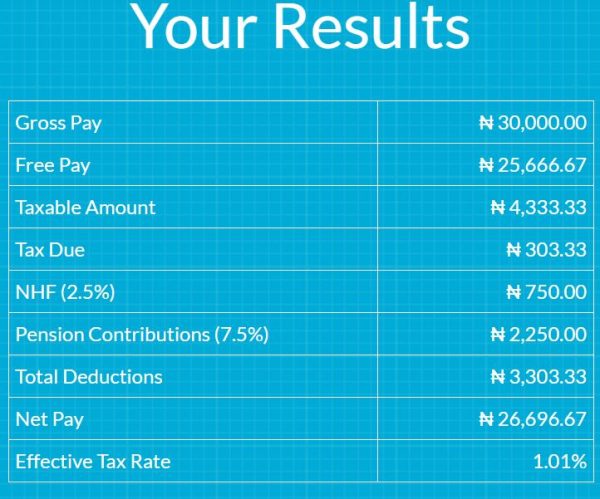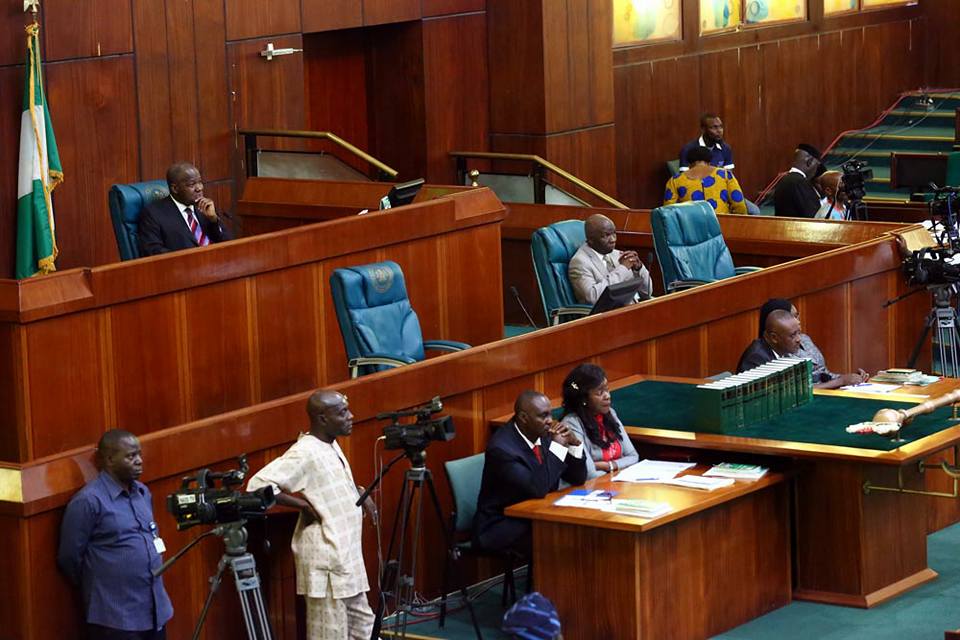Aanuoluwapo is a 23-year-old graduate with a higher national diploma with an income of N30,000.
The goal is to save up enough to get a postgraduate diploma so as to bargain for a better salary at her company or a different entity.
Upon resumption at her workplace, her boss said she has to pay tax and pension. Although that would reduce her salary, she is grateful that she does not have to pay more than one percent as tax and the 7.5% she has to contribute for pension is her investment for the future.
Suddenly, she receives news that there will be yet another deduction from her salary; the National Housing Fund deduction and this is not negotiable.
Advertisement
For a lot of Nigerians like Aanuoluwapo, who is around the minimum wage band, the news of a compulsory deduction apart from tax and pension can be demoralising.

What is the NHF about?
The new national housing bill was recently passed by the national assembly. The bill, which is now awaiting presidential assent, amends a number of provisions contained in the 1992 NHF act.
Advertisement
These are some of the amendments.
| Old NHF Act | New NHF Act | |
|---|---|---|
| 1 | The minimum income threshold for contributors is N3,000 and above per annum | The minimum income threshold for contributors is N18,000 or the national minimum wage as applicable |
| 2 | No cement levy | Imposes a 2.5% levy on every locally produced and imported cement |
| 3 | Contributors are to receive a 4% interest on their contributions | Contributors will receive a 2% interest on contributions or as determined by the bank |
| 4 | Every commercial or merchant bank shall invest in the Fund 10 per cent of its loans and advances at an interest rate of I per cent above the interest rate payable on current accounts by banks. | Every commercial bank or merchant bank shall invest 10% of its profit before tax into the fund at an interest rate of 1% above the interest rate payable on current accounts by banks |
| 5 | Every registered insurance company shall invest a minimum of 20 per cent of its non- life funds and 40 per cent of its life funds in real property development of which not less than 50 per cent shall be paid into the Fund | Every registered insurance company shall invest a minimum of 10% of its profit before tax into the fund at an interest rate not exceeding 1% above the interest rate payable on current accounts by banks. |
| 6 |
|
|
Implications
- For people earning income around the minimum wage band, the NHF contribution is 250% higher than their PAYE.
- This might result in increased cement prices thereby increasing the cost of construction
- The remittance channels are unclear thus worsening Nigeria’s position on the ease of paying tax index
- Cost of borrowing will increase as banks will have to invest some of their profit in the fund
- The eventual refund at a 2% interest rate does not make provisions for the time value of money
- The requirement for pension fund administrators to invest in the fund will result in reduced returns for pensioners.
Taiwo Oyedele, a tax partner at PwC Nigeria, described the bill as regressive.
“This bill is punishing the poorest people the most and is against the natural principle of tax justice,” he told TheCable.
Advertisement
Add a comment







